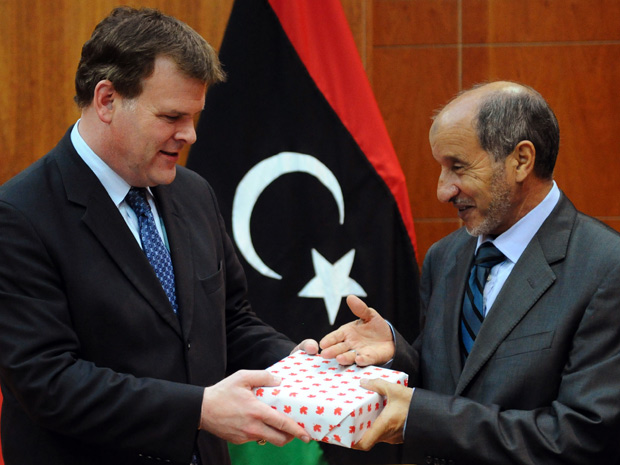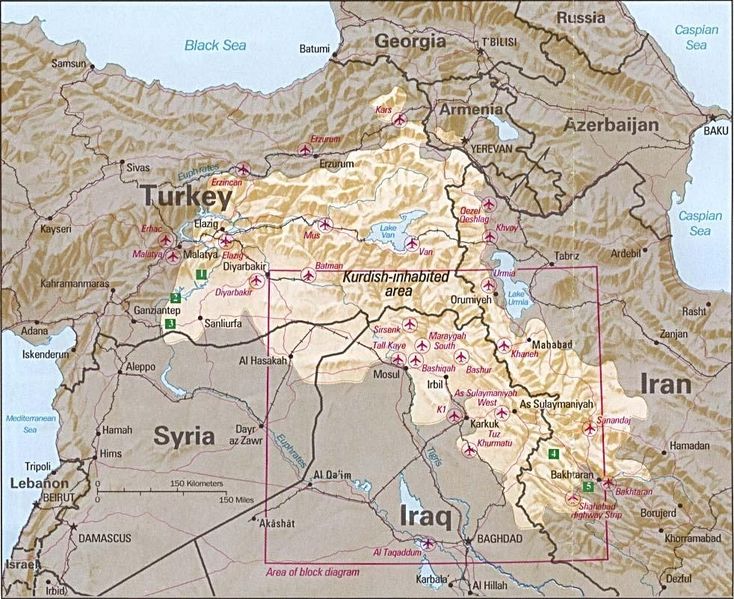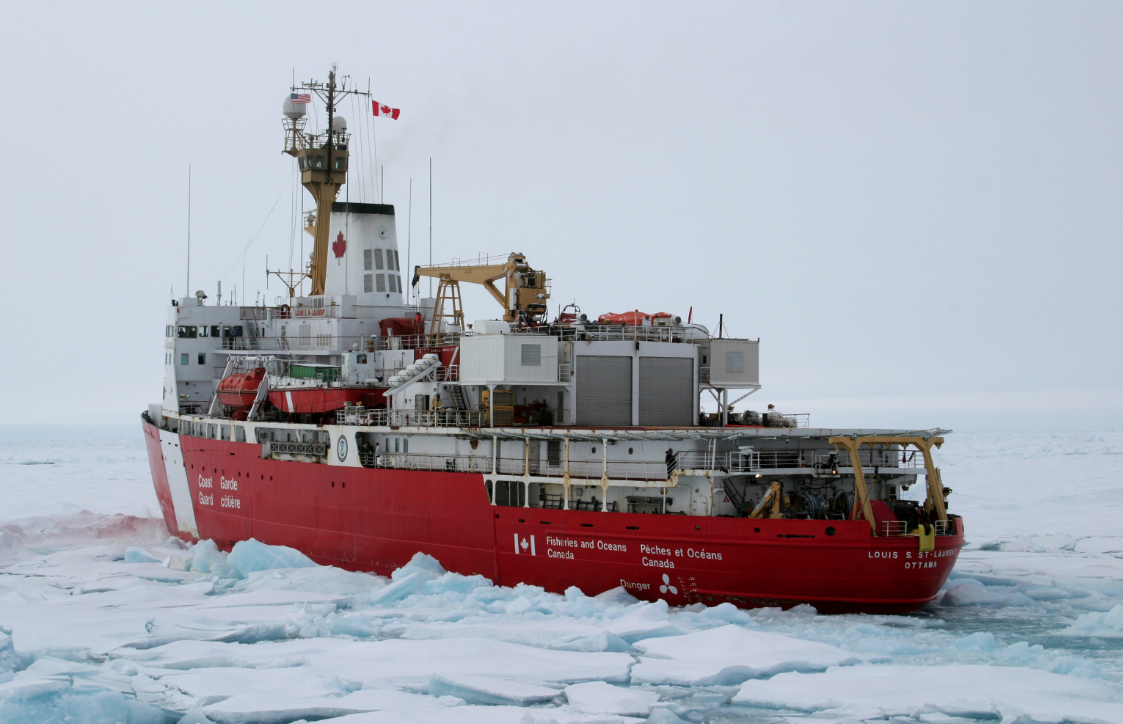Early optimism about the Arab Spring has all but disappeared. We have seen popular protests transform into minor constitutional changes in Arab monarchies, civil war in Libya and Syria, and increasing uncertainty in Egypt. In Tunisia, the birthplace of the Arab Spring, theocratic Islam threatens to derail whatever progress has been made so far.
The Arab Spring has presented the world with a series of challenges. So far the hardest of these questions have surrounded western military intervention, and aid to rebel groups. Western air campaigns ensured that Libyan rebels made short work of Gaddhafi’s regime, but this seems unlikely to be repeated in Syria where protest has mutated into civil war and where international consensus on the way forward is unclear. As far as NATO is concerned, organized military intervention is out of the question. And so individual countries must form long-term positions on how to react to, or interact with, nations transformed or torn apart by the Arab Spring.
Amidst the gloom it is easy to forget that, across the Middle East, tyrannical regimes have fallen and elections have taken place where they were previously unthinkable. This may strike many Western observers as signs of successs, and surely many will highlight new opportunities.
Elections, and the accompanying constitutional wrangling, are indeed steps in the right direction. But the question becomes whether the evolving political arrangements represent a durable improvement for the people vis-à-vis the previous autocracies. It remains to be seen whether western liberal democracies will soon welcome Arab Spring countries into the ranks of free nations, or whether they will be forced to manage increasingly tense relations with theocratic regimes.
Current demonstrations linked ostensibly to an inflammatory film trailer may lead many to believe that the democratization of the Muslim world means little more than an Islamist awakening, and increasing estrangement from the West. The violent assault on the American embassy in Libya which saw the savage murder of the ambassador Christopher Stevens may prove to many minds that it was foolish to support Arab Spring movements in the first place. But regardless of these demonstrations, the West cannot simply walk away from the Arab Spring.
Before these film-related protests began it was occasionally argued in Canadian newspapers, and notably at the most recent Couchiching conference, that Canada had some flavor of humanitarian role to play in the development of the Arab Spring. There is merit to this idea is principle, especially since America and Europe are in no position militarily, ideologically, and above all financially, to take on a greater role in the Middle East.
Nevertheless it is not clear what Canada’s humanitarian role would be. The truth is that Canada has very limited influence in the Middle East. It’s a very different world since Canada was involved in the Suez Crisis in the 50s, and since our peace-keeping mission in Cyprus in the 70s. Our role in hot-spots such as the Iran-Iraq border and the Golan heights are not to be neglected, but do not translate to power at the negotiating table. Moreover, we trade only very little with Middle Eastern countries, and most of the oil that we buy comes from Iraq, Nigeria, Saudi Arabia, Algeria and Venezuela. So as far as economic influence, or soft power is concerned, there is very little Canada can do to exert pressure on Arab Spring countries. The combined efforts of Hilary Clinton, Kofi Annan, and UN sanctions have done nothing to resolve trouble is Syria: what could Canada possibly do on its own?
One important place where we might make a difference is in dealing with refugees, especially those from minority groups. The worsening civil war in Syria has, according to the UN High Commission for Refugees, forced about 234,368 persons to flee the country, and about one and a half million people are displaced within Syria. Moreover, the Arab Spring has already begun to make life very difficult for non-Muslim and minority groups, notably Egyptian Copts, and Syrian Christians, Armenians, Alawites, and Kurds. To highlight two major problems: churches are being destroyed throughout the Arab world, and increasingly strident calls for Kurdish autonomy are being met with persecution. Things may well get much worse.
Canada’s great opportunity may take the form of fast-tracking immigration for minority groups in Arab Spring countries. This is all the more reason to stay engaged and to keep our embassies open. Embassy closures were clearly undertaken in fear of escalating violence, and for this reason alone they may well prove justified. Many of our embassies are now open again; hopefully for the long term. Though we should not let the threat of violence prevent us from doing what good we can, it is likely that embassies will be closed again, perhaps permanently, if further violence occurs.
Whatever the outcome of current violent demonstrations, Canada should not disengage completely, and ignore the humanitarian crisis in Syria and in the rest of the Muslim world. But this seems to be exactly what we are in danger of doing now.




